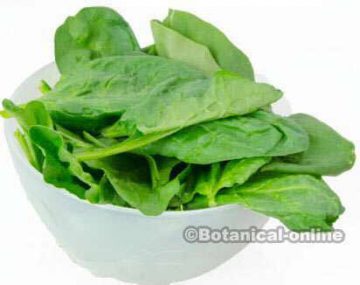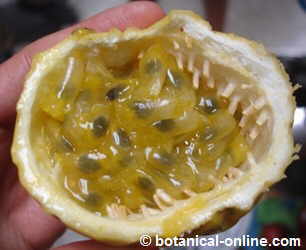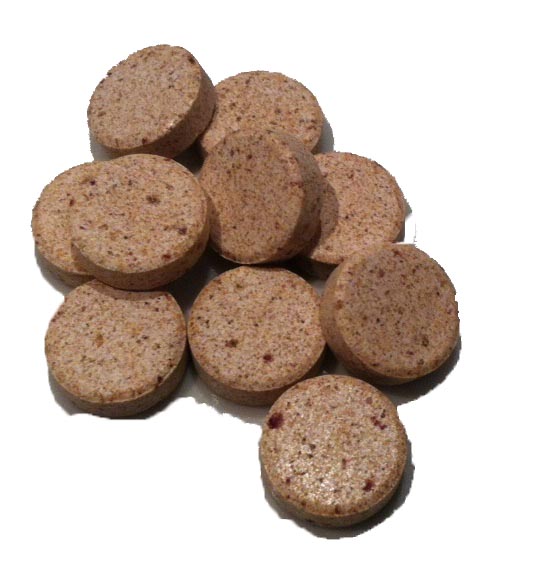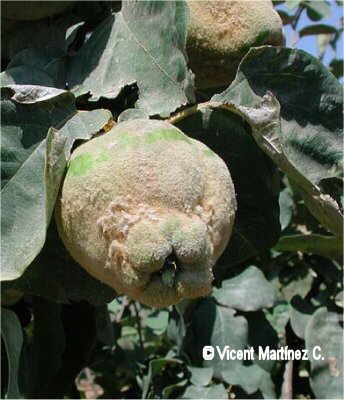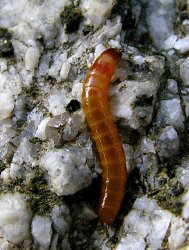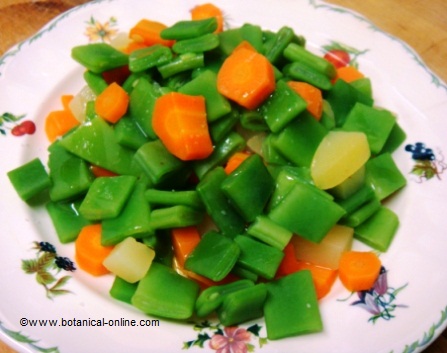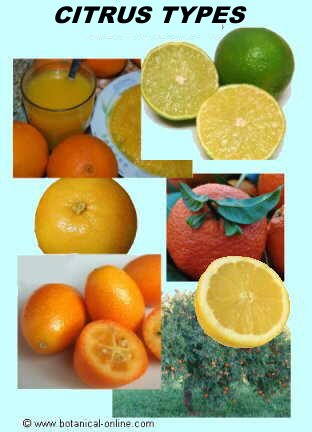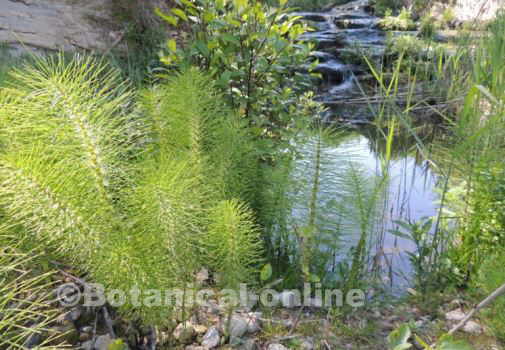Contents
Suitable plant-based foods for the skin
Suitable vitamins for the skin
For proper skin nutrition you should undertake a diet containing the following vitamins:
- Foods rich in Vitamin B: Vitamin B takes part in the growth and cell division. It produces numerous hormones, enzymes and proteins. Whole cereals are especially rich among plant foods containing this vitamin. (rice, wheat, oats, etc). Other foods are legumes (soy, peas, broad beans, lentils or dried beans, etc.) or nuts. (walnuts, almonds, hazelnuts, etc)
- Foods rich in vitamin A: Vitamin A helps keep skin in good condition and can be useful in treating diseases that affect it: dermatitis, eczema, acne, psoriasis, dry skin, herpes, cuts, wounds, burns, etc.
A deficiency of this vitamin results in the individual dry, sagging skin or bad teeth. Used internally, is used to improve the state of mucous membranes, protect and promote healing of wounds in diseases such as diverticulitis
Orange, red or yellow plant foods, especially carrots, purslane, spinach, watercress, borage, pumpkin, etc. are the richest vitamin A containing foods.
- Foods rich in vitamin C: The antioxidant capacity of vitamin C helps prevent the negative impact that free radicals have on the skin cells. Oxidation is responsible for damaging the collagen fibers of the muscles and skin, which limits their ability to withstand stress.
The area below the lower jaw is a very sensitive one being situated in a place where gravity exerts its force more easily and where, because of the weight which represents the accumulation of fat, muscles and skin are subjected to a great effort. Ultimately, this may cause a weakening which involves the appearance of jowls.
Fruits, especially citrus fruits (oranges, lemons and the like), vegetables in general and especially the dark green leafy vegetables, such as spinach or beets are the richest foods in vitamin C. Very suitable foods are those that, besides vitamin C, contain bioflavonoids, such as blackberries or grapes.
Suitable minerals for the skin
The following minerals are necessary to maintain your skin health:

Spinach is rich in minerals Foods rich in Zinc: Zinc is necessary for skin and muscles health. Zinc is needed for the formation of collagen and some enzymes which our body needs to repair skin wounds. Zinc deficiency can be experienced in many skin diseases, such as acne, or dry skin. Zinc is being used in the composition of many shampoos for dandruff or dermatitis creams.
- Foods rich in Calcium and sulfur: Calcium deficiency may be responsible for premature skin aging and the subsequent appearance of some anomalies such as the presence of wrinkles or sagging skin. The main animal source of calcium is milk and dairy products (mainly cheese and yogurt). It is better to eat low-fat products because they contain less fat and more calcium. Moreover, most dairy products are now fortified with calcium. Yogurt is richer than milk
Plants containing this mineral are those vegetables that have dark green leaves like spinach (These, however, are not recommended as calcium sources because they contain oxalates, which block calcium absorption) or broccoli sprouts. Legumes contain plenty of calcium, such as beans or soybeans. Cereals are other foods that are rich in this mineral especially almonds, oats, or walnuts,
Another very interesting mineral for skin care is sulfur. Sulfur is very useful to improve the appearance of the skin. Animal foods high in sulfur are meat, eggs or fish. Plant foods which contain a lot of this mineral are garlic, onions, cabbage or brussels sprouts.
Foods rich in essential fatty acids for your skin health
Essential fatty acids (omega-3 and omega-6) are very suitable for the skin to be in good condition. Fish such as sardines, tuna, mackerel, swordfish, cod, salmon, turbot, shrimp, trout and herring contain high amounts of essential oils. They aid to cure some skin problems such as psoriasis, dry skin or skin inflammation.
Among plant foods rich in essential fatty acids we have nuts, oils such as corn oil, linseed oil, sunflower oil, or soybean oil or very interesting seeds as sunflower seeds or flaxseed. Avocados are very rich in this type of fats.
Non suitable foods for the skin
High-fat foods and skin
In general, animal fat should dispose of its importance in favor of vegetable fats. In case you do not completely ignore animal foods, it is important for you to reduce them as much as possible, and, above all, one should avoid saturated fats.
However, a good intake of protein is necessary, but we can choose vegetal protein, like the one found in legumes. Legumes, properly mixed with cereals, can provide such as interesting protein balance as that one provided by animal meat.
It is better to give up fried foods and choose other more natural ways of cooking or, better yet, to eat raw vegetables whenever possible. These foods contain large amounts of antioxidants that are necessary to have a healthy skin.
Oxidative foods damage your skin
One should avoid the ingestion of oxidant products that can promote the destruction of collagen. Foods too rich in refined sugars, alcohol, or use of certain toxins such as tobacco can increase the occurrence of skin problems.
Some foods mentioned above, very interesting under normal conditions, can also have oxidative properties in certain circumstances. We are referring to some foods that may cause food allergies. Therefore, they should be rejected if they are not well assimilated by someone. The following table shows a list of foods that often cause these problems.
Main food producing allergic reactions (They produce 90 % of allergic reactions) |
![]() More information about the remedies for the skin
More information about the remedies for the skin

